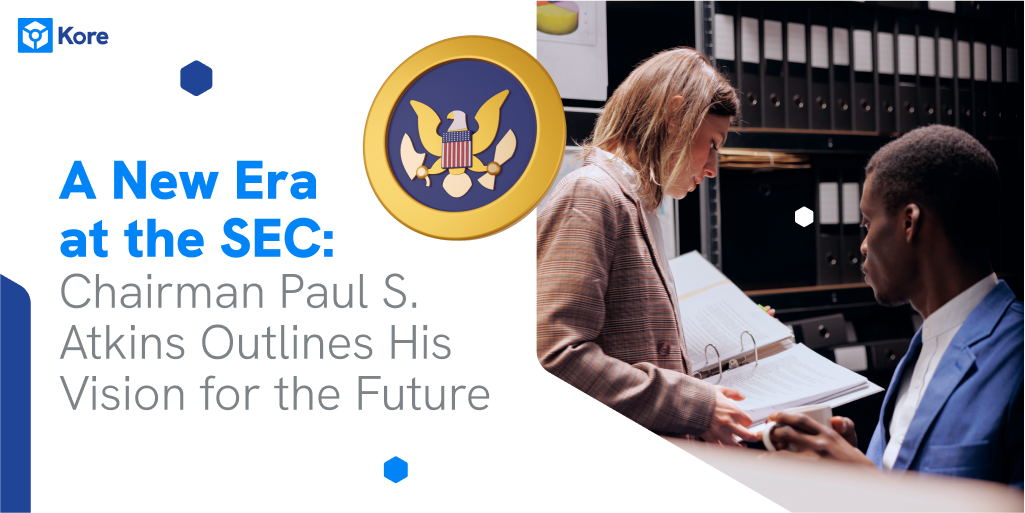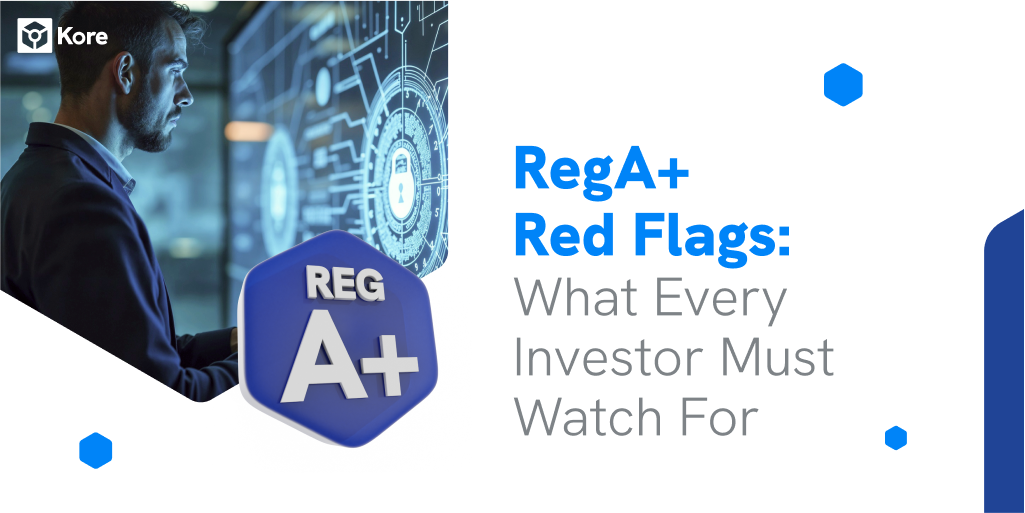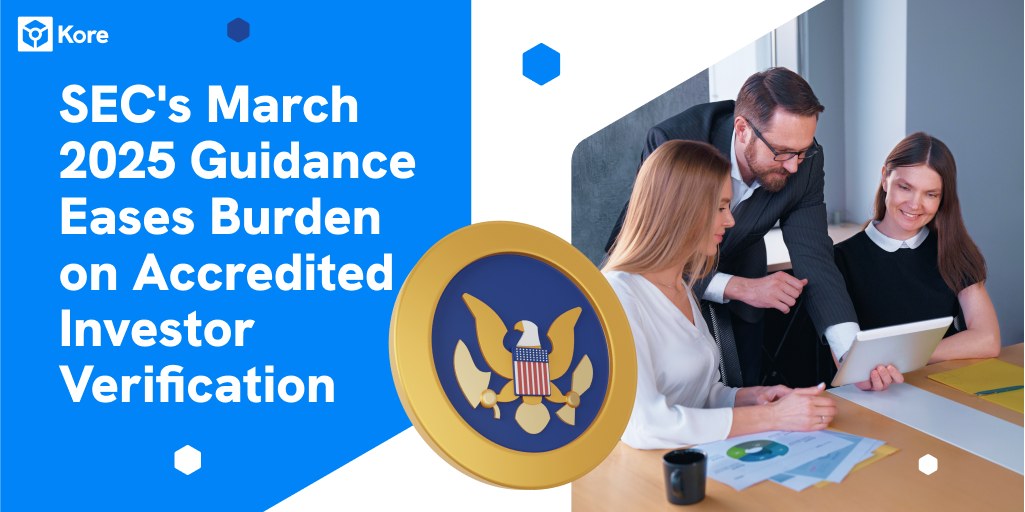A New Era at the SEC: Chairman Paul S. Atkins Outlines His Vision for the Future

On May 20, 2025, Paul S. Atkins, the newly appointed Chairman of the U.S. Securities and Exchange Commission (SEC), addressed the House Appropriations Subcommittee on Financial Services and General Government. Just 20 days into his tenure, Chairman Atkins laid out a bold and focused vision for the agency. Drawing on decades of experience in public service and the private sector, he emphasized a return to the SEC’s foundational mission, a smarter regulatory approach, and a new chapter for digital asset oversight.
Returning to the SEC’s Core Mission
Atkins’ message was clear: it’s a new day at the SEC. He stressed that the agency must return to its original three-part mission as defined by Congress more than 90 years ago:
- Protecting Investors – Ensuring that those who lie, cheat, or defraud are held accountable.
- Facilitating Capital Formation – Helping businesses access funding while enabling investors to contribute to innovation and growth.
- Maintaining Fair, Orderly, and Efficient Markets – Creating clear, balanced rules that enhance—not hinder—market activity.
According to Atkins, effective regulation must be grounded in practical market understanding and designed with cost-benefit rigor. “It’s one thing to write a regulation,” he noted, “quite another for it to achieve its intended goal.” He called for rules that support innovation, competition, and opportunity, not bureaucratic hurdles that stifle economic energy.
Smarter Rulemaking and Regulatory Restraint
A major theme of Atkins’ testimony was a move away from “regulation-by-enforcement” and back to formal rulemaking processes. He committed the SEC to providing sufficient public comment periods and thoroughly analyzing how new rules interact with existing ones. The SEC will work closely with the Office of Information and Regulatory Affairs to ensure thoughtful, cost-conscious policymaking.
This approach, he believes, is critical to fostering investor confidence, stimulating capital formation, and keeping U.S. markets competitive on the global stage.
A Rational Framework for Crypto Assets
Atkins also placed significant emphasis on one of the most pressing challenges facing the SEC: digital asset regulation. Having spent years advising on best practices in the crypto industry, he expressed deep concern about the absence of clear, consistent rules.
“Ambiguity in regulation breeds uncertainty and fraud,” he said. To address this, Atkins is prioritizing the development of a rational regulatory framework for crypto assets, including rules on issuance, custody, and trading.
He praised the efforts of the newly formed Crypto Task Force, led by Commissioners Hester Peirce and Mark Uyeda. The task force has already hosted four roundtables focused on security status, trading platforms, custody considerations, and tokenization. A fifth session will soon explore decentralized finance (DeFi).
Atkins reaffirmed that policymaking must happen through public input and legal authority—not ad hoc enforcement. Fraud and manipulation, he emphasized, will remain enforcement priorities, but with clear legal backing and transparency.
Modernizing the SEC: From Structure to Technology
Beyond policy, Atkins is focused on making the SEC itself more agile and effective. Several internal reforms are underway:
- Staffing: The agency has seen a 15% decrease in headcount since the start of the fiscal year. With around 4,200 employees and 1,700 contractors, the SEC will need to strategically rebuild capacity.
- Reorganization: Atkins is proposing to disband FinHub, the SEC’s dedicated innovation office. He believes innovation should be part of every division, not siloed in a single team.
- Technology Overhaul: A recent error in the EDGAR system, which inadvertently made masked data public, prompted a full-scale review of the agency’s IT infrastructure. Atkins described this as a “spring cleaning” to ensure data integrity and operational efficiency.
Regional Offices and Real Estate
The SEC’s regional presence remains a priority. Despite pending lease terminations for the Los Angeles and Philadelphia offices, Atkins made it clear that these locations play a critical role in examinations, risk management, and talent development. Ongoing discussions with the General Services Administration (GSA) aim to find a sustainable solution.
Budget and Fee Collection
Atkins addressed recent changes to SEC transaction fees, noting that the agency had collected its full fiscal year 2025 appropriation before the fee rate was reduced to $0 per million. This reduction aligns with statutory requirements and reflects responsible budgeting. Future updates will be publicly available through the SEC’s website.
Looking Ahead: Restoring Trust and Promoting Growth
Atkins concluded his testimony with a strong message of confidence. He vowed that under his leadership, the SEC will remain apolitical, transparent, and focused on enabling the U.S. to remain the world’s top destination for investment and innovation.
“We will work to protect investors from fraud,” he said, “and ensure that regulations promote, not stifle, capital formation.”
His vision reflects a pivotal moment for the SEC: one that reasserts its founding principles, embraces emerging technologies, and aims to empower entrepreneurs, investors, and markets to thrive in the years ahead.





